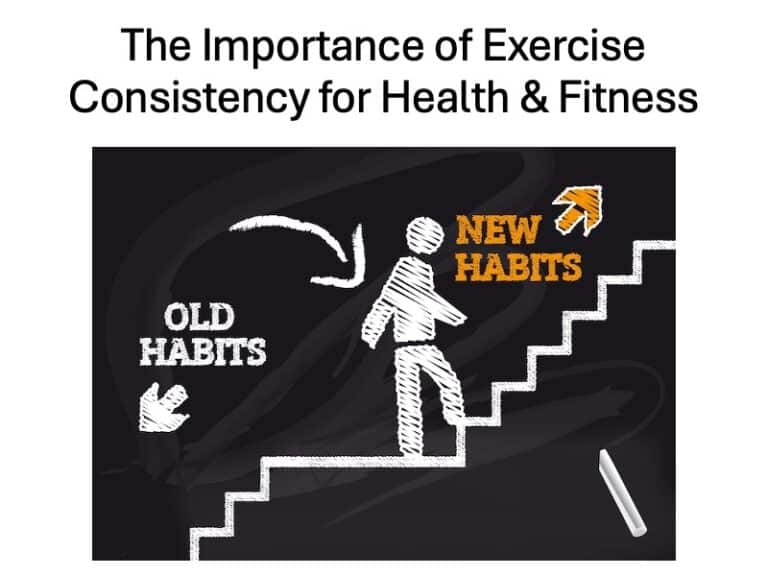The Role of Technology & Innovations in Early Disease Detection
Early disease detection has become one of the most important revolutions that has changed healthcare forever, fueled by…
Health and wellness encompass physical, mental, emotional, and spiritual well-being, forming the foundation of a fulfilling life.
Prioritizing balanced nutrition, regular exercise, quality sleep, and stress management supports longevity and resilience, helping you to become a healthy person.
Social connections, spiritual growth, and preventive care further enhance overall wellness, helping individuals thrive in all aspects of life. Small, consistent, healthy habits lead to lasting health, emphasizing progress over perfection.
Browse this section to explore strategies for achieving a well-rounded, sustainable approach to health and wellness!

Early disease detection has become one of the most important revolutions that has changed healthcare forever, fueled by…

Health insurance in the Philippines for expats is one of the smartest investments you can make before relocating. However,…

Exercise consistency is the single most important variable in any long-term health and fitness journey. While flashy workout programs…

Knowing how to improve safety culture in the workplace is critical for reducing injuries, boosting morale, and ensuring long-term operational…

When chronic pain becomes too much to manage with rest, ice, or over-the-counter remedies, it’s a sign that…
End of content
End of content

Want a free eBook?
Subscribe to my newsletter for occasional updates and receive my 60+ page eBook for free!

Want a free eBook?
Subscribe to my newsletter for occasional updates and receive my 60+ page eBook for free!